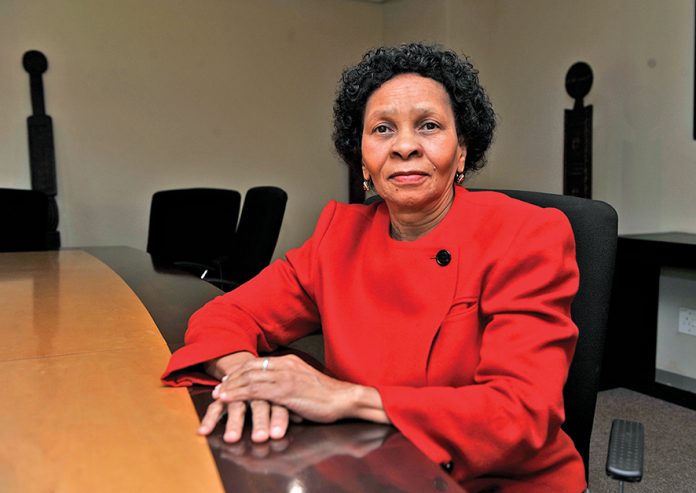The young woman apartheid police were looking for following the June 16 Soweto uprising in 1976 has finally come out of hiding to tell her story.
Thandekile Mkhize was 20 years old when she started singing the then banned Nkosi Sikel’ iAfrika at assembly at Morris Isaacson high school in Soweto, triggering pupils to march out of the school to protest against the use of Afrikaans as the medium of instruction at black schools.
Mkhize had been asked to sing the liberation anthem by South African Student Movement member and leader of the Action Committee Tsietsi Mashinini.
She started by singing a favourite hymn at the school, Masibulele kuYesu, before pausing for a moment to spark a critical part of the liberation struggle.
“It just happened that I was the one starting hymns on that day. There used to be three ladies but we used to alternate. I was told that I would start the hymn as usual, but instead of the Lord’s Prayer, I would sing Nkosi Sikel’ iAfrika,” Mkhize, who is now 66, recalls.
Singing the anthem meant defying the laws of South Africa and she says she felt her stomach crumble and voice shake in fear of what would happen next.
After that day, she says, Mashinini and community members told her police were looking for the woman who started singing Nkosi Sikel’ iAfrika, dead or alive. This is when her parents hid her uniform and sent her to Pretoria to live with a relative.
She then moved to KwaMakhutha in KwaZulu-Natal, where she was to continue her studies. Over the years, she has gone about her life with few people aware of the role she played on June 16. But now she is ready to speak. “It is about time I told my story,” she says. “I will be at the Soweto Theatre for the public in July. We tell our history as we know it.”
Follow @SundayWorldZA on Twitter and @sundayworldza on Instagram, or like our Facebook Page, Sunday World, by clicking here for the latest breaking news in South Africa. To Subscribe to Sunday World, click here.



